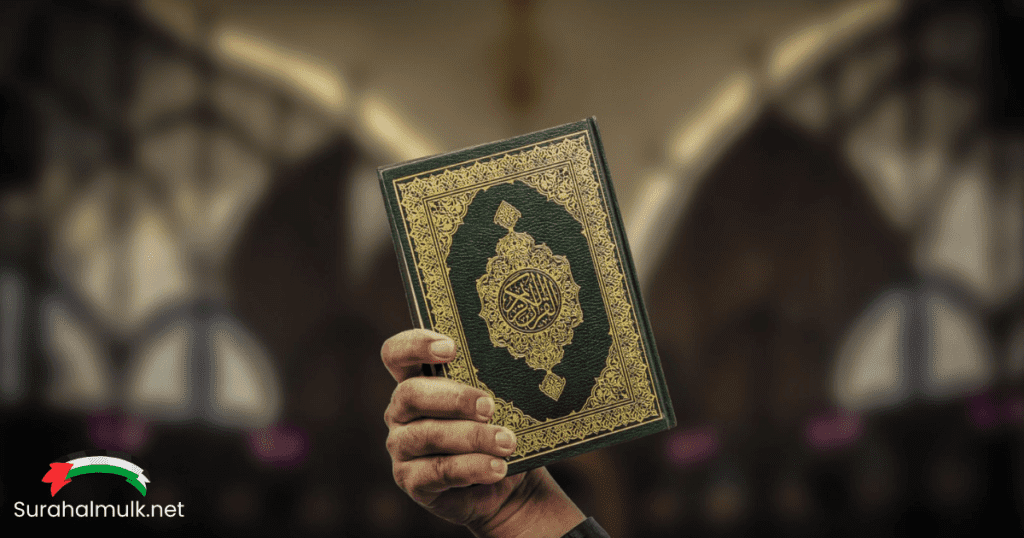“Islam began as a stranger, and to a stranger it shall return, just as it started.” This powerful hadith underscores a vital principle within Islamic teachings due to their message, widespread narration, and the lessons they impart.
Among the most significant narrations is “The Hadith of Fame and Importance,” a saying of Prophet Muhammad (ﷺ) highlighting the immense value and reward for unwavering faith, especially during times of adversity.
Understanding the Meaning of Tu’ba
The word ‘Tuba’, in the context of this hadith, holds significance in both Arabic and Islamic contexts.
- Arabic Meaning: In Arabic, Tu’ba means glad tidings or congratulations, indicating a substantial reward for those who follow Islamic teachings.
- Islamic Meaning: Islamically, Tu’ba refers to a tree in Paradise, described as immense. Its size is so great that a fast rider would take 100 years to cross it, and it is said that the clothing of Paradise inhabitants is made from its leaves.

The Strangers: The Early Muslims
The hadith mentions Islam beginning and returning as a stranger. These “strangers” primarily denote the early Muslims who endured significant challenges and persecution for their faith. Despite facing adversity, they remained steadfast, and the hadith is a reminder of their sacrifices and the rewards awaiting them.
Fame and Importance
“The Great Hadith About (Fame and Importance)” is significant due to both its fame and importance. Reportedly narrated by over 23 companions, this widespread reporting suggests the Prophet Muhammad (ﷺ) likely mentioned it in large gatherings. This emphasized its importance and ensured broad dissemination among his followers. The companions understood the importance of this hadith and narrated it to others, leading to it becoming common knowledge.
Trials of Early Muslims
Early Islam faced immense tribulations and persecutions. The sacrifices of the early Muslims, the Sahabah, exemplify their unwavering faith.
- Saad bin Abi-Waqqas (ra) stated, “I remain for seven days being one-third of Islam,” emphasizing the early Muslims’ scarcity and individual responsibility.
- Aumr Ibn Abasa (ra) recounted going to Prophet Muhammad (ﷺ) in Mecca and finding only a free man and a slave as followers, illustrating their limited number and the risks faced. In early Mecca, being Muslim was so perilous that believers were often unaware of others sharing their faith.

Lessons for Today World
“The Great Hadith About Fame and Importance” reminds of early Muslims’ sacrifices and the promised rewards for steadfast faith. It encourages believers to adhere to Islamic principles even amidst challenges.
Learn How to Choose Good Deeds & Bad Deeds?
Conclusion
In conclusion, the Great Hadith About Fame and Importance embodies faith, perseverance, and promised reward. Understanding its meaning, reflecting on early Muslim sacrifices, and internalizing its lessons strengthens believers connection with Islam. It encourages embodying the steadfastness of the “strangers.”
Can you be more specific about the content of your article? After reading it, I still have some doubts. Hope you can help me.
Your article helped me a lot. Is there any more related content? Thanks!
SubhanAllah! This hadith beautifully reminds us of the trials faced by early Muslims and the reward awaiting the ‘strangers’ who hold firm to Islam. For those seeking guidance and blessings, reciting Surah Yaseen can be a source of immense spiritual benefit.